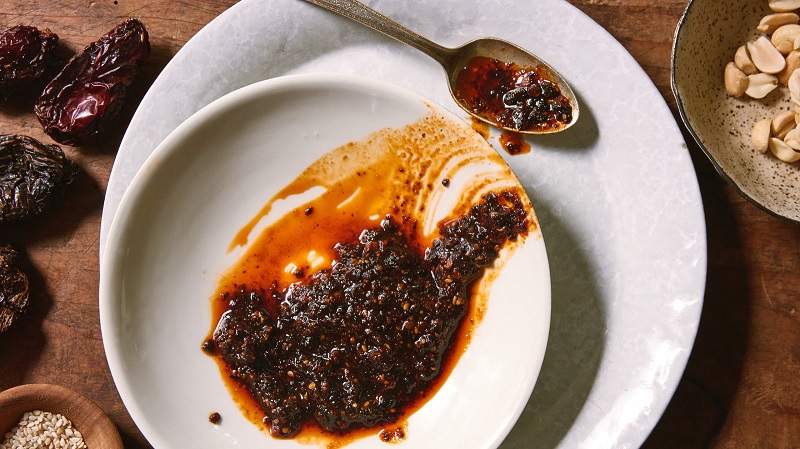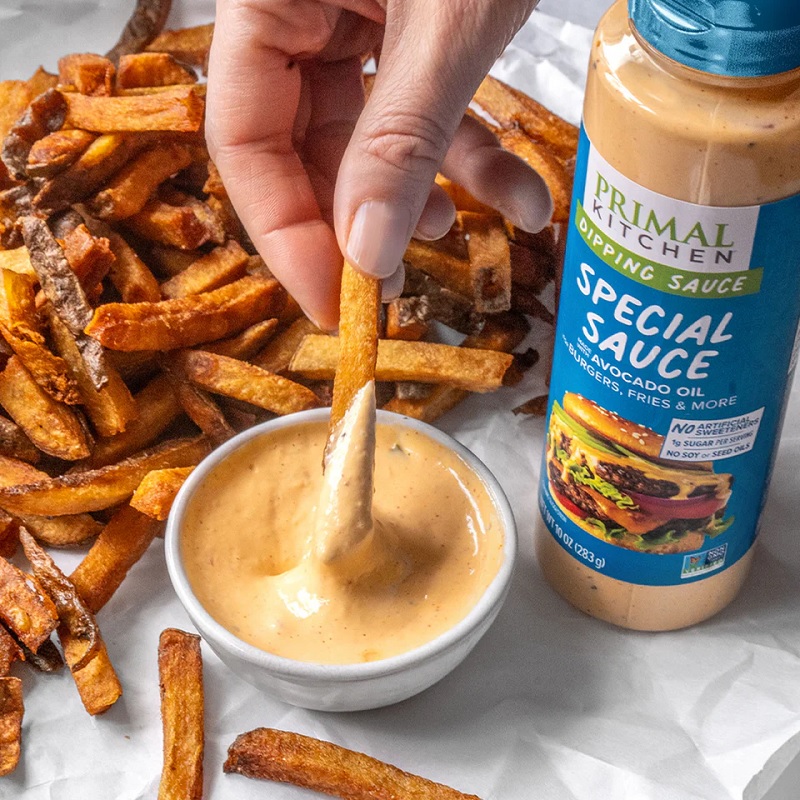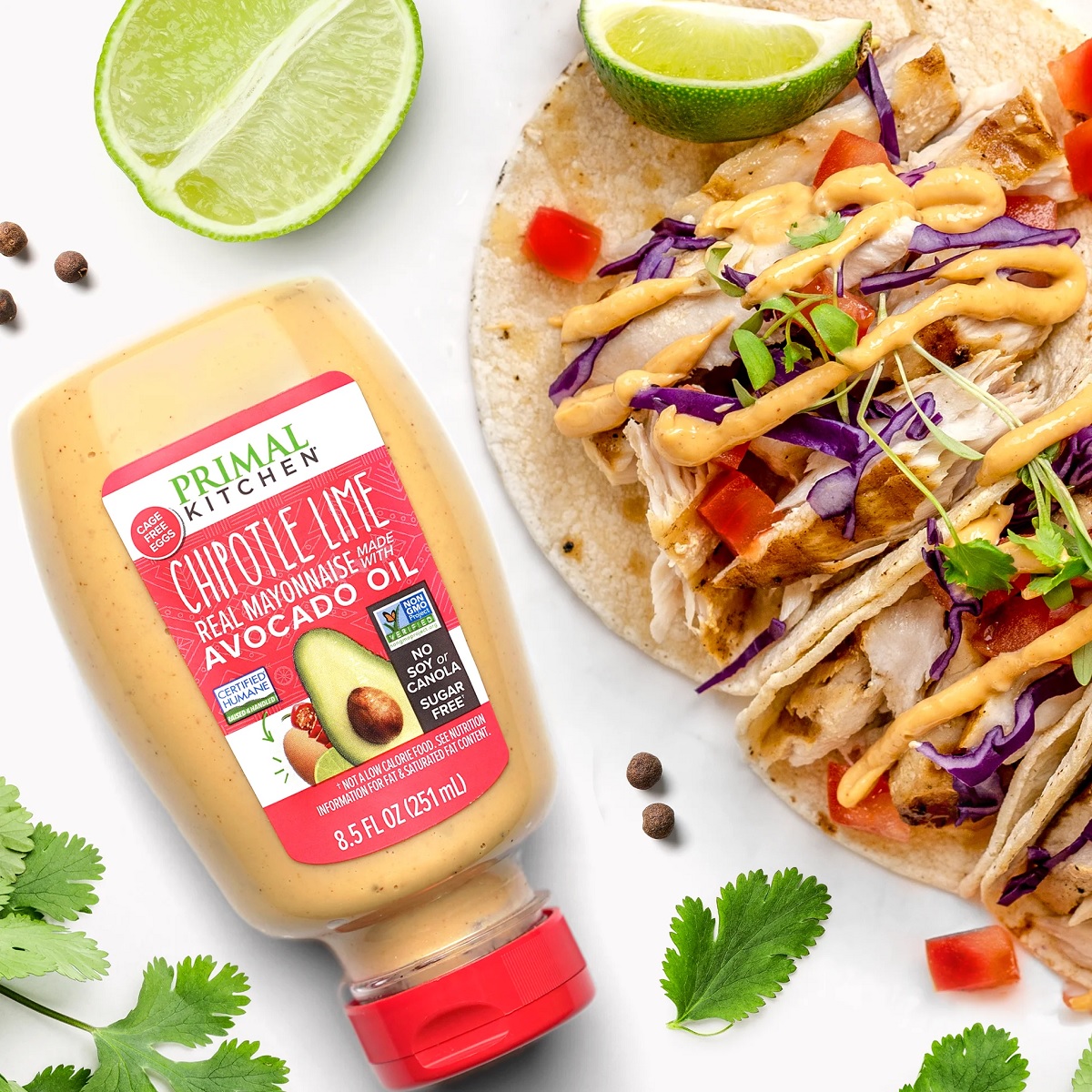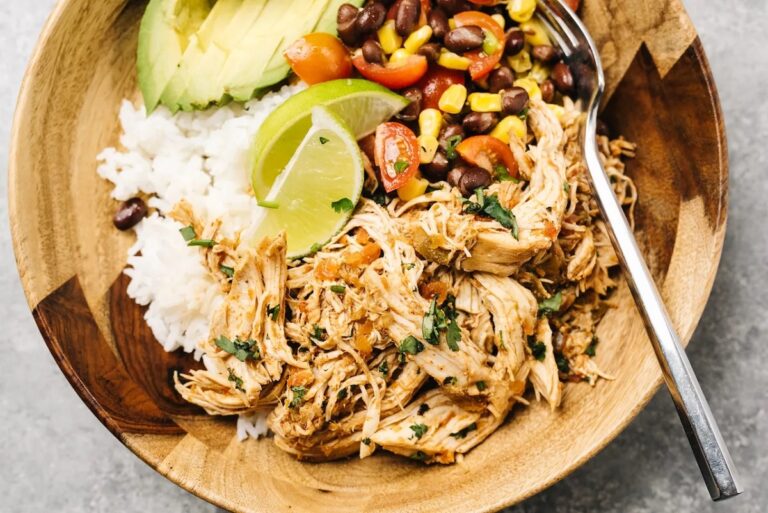Does Chipotle Use Seed Oils – Ingredients, Oils, and Health Insights
Understanding what goes into your food has become increasingly important, and many people are curious about cooking methods and ingredients used by popular restaurants. One common question that comes up is does Chipotle use seed oils. Seed oils, such as canola, soybean, or sunflower oil, are widely used in the food industry for cooking and frying due to their availability and neutral flavor.
Knowing whether Chipotle incorporates these oils into their menu items can help you make informed choices, especially if you are following a specific dietary plan or seeking healthier options. By examining Chipotle’s ingredient practices, cooking methods, and nutritional transparency, you can gain clarity on what oils are used in their dishes. Exploring this question not only sheds light on Chipotle’s approach to cooking but also helps you understand the broader impact of seed oils in your diet and meal planning.
What Are Seed Oils?
Seed oils are a category of vegetable oils extracted from the seeds of various plants. They are commonly used in cooking, baking, and food processing due to their neutral flavor, high smoke point, and widespread availability. Understanding what seed oils are helps you make informed decisions about the oils you consume and their potential effects on your diet and health.

Common Types of Seed Oils
Some of the most widely used seed oils include canola oil, soybean oil, sunflower oil, safflower oil, and corn oil. These oils are often refined, which enhances shelf life and creates a stable cooking medium. Because of their neutral taste, seed oils are frequently used in frying, sautéing, and as a base for dressings and sauces.
Nutritional Aspects and Uses
Seed oils are typically high in polyunsaturated fatty acids (PUFAs), including omega-6 fatty acids, which are essential in moderation. However, overconsumption of omega-6 relative to omega-3 can impact inflammation and overall health. Despite this, seed oils provide a convenient and versatile cooking option for many households and restaurants. They are favored in commercial kitchens for their efficiency, affordability, and adaptability across a wide range of recipes.
Oils Used by Chipotle
Chipotle is known for its commitment to fresh, high-quality ingredients, and the choice of cooking oils plays a key role in their menu preparation. Understanding the oils Chipotle uses can help you make informed decisions about your meals, especially if you are watching your fat intake or avoiding certain types of oils.

Canola Oil and Its Uses
Chipotle primarily uses canola oil for cooking and sautéing many of its ingredients. Canola oil is chosen for its neutral flavor, high smoke point, and versatility in both frying and sautéing. It allows the natural flavors of meats, vegetables, and other menu items to shine without overpowering them. Canola oil also contains a mix of monounsaturated and polyunsaturated fats, providing a healthier alternative to some traditional cooking oils.
Other Oils in Dressings and Sauces
In addition to canola oil, Chipotle incorporates oils like safflower oil and soybean oil in select dressings, sauces, and marinades. These oils contribute to smooth textures and emulsification in vinaigrettes and creamy sauces. By carefully selecting these oils, Chipotle maintains flavor balance while offering a consistent taste experience across all locations.
Transparency and Quality Standards
Chipotle emphasizes using oils that meet quality and sustainability standards. They avoid hydrogenated oils and trans fats, aligning with their overall commitment to clean ingredients. While some of these oils are technically seed oils, Chipotle prioritizes minimally processed and responsibly sourced options to support both taste and nutrition in their menu offerings.
Health Considerations
When evaluating the oils used in restaurant cooking, it’s important to understand their potential impact on health. Chipotle’s use of certain oils, including canola, safflower, and soybean, comes with both benefits and considerations for your diet.
Benefits of Chipotle’s Cooking Oils
The oils used by Chipotle are generally high in unsaturated fats, which are considered heart-healthy. Monounsaturated and polyunsaturated fats can help support healthy cholesterol levels and provide essential fatty acids your body needs. These oils also allow for efficient cooking at high temperatures without producing harmful compounds, making them a practical choice for preparing meats, vegetables, and other menu items.
Considerations for Seed Oils
Although unsaturated fats are beneficial, overconsumption of omega-6-rich seed oils may contribute to an imbalance in the diet if not paired with sufficient omega-3 intake. Some people prefer to limit seed oils due to concerns about inflammation or highly processed oils. Being aware of the types of oils in your meals can help you make more mindful choices and balance your overall nutrient intake, especially if you follow specific dietary or health-focused eating patterns.
FAQs
Does Chipotle Use Seed Oils in Their Cooking
Yes, Chipotle uses certain seed oils, primarily canola oil, for cooking and sautéing many menu items. These oils are chosen for their neutral flavor, high smoke point, and versatility, allowing the natural flavors of ingredients to stand out while maintaining consistent quality.
Are Seed Oils Used in Chipotle Sauces and Dressings
Chipotle incorporates oils like safflower and soybean oil in select dressings and sauces. These oils help create smooth textures and proper emulsification in vinaigrettes and creamy sauces, contributing to both flavor and consistency.
Are Chipotle’s Oils Considered Healthy
The oils used at Chipotle are generally high in unsaturated fats, including monounsaturated and polyunsaturated fats, which support heart health. They are free from trans fats and hydrogenated oils, aligning with Chipotle’s focus on quality and clean ingredients.
Can Seed Oils Impact My Health
While unsaturated fats are beneficial, overconsumption of omega-6-rich seed oils may affect the balance of fats in your diet. Being aware of their presence helps you make informed choices and balance omega-6 and omega-3 intake.
Does Chipotle Avoid Hydrogenated or Trans Fats
Yes, Chipotle avoids using hydrogenated oils and trans fats in their menu items. Their choice of cooking oils emphasizes minimally processed, responsibly sourced options to provide flavor without compromising nutritional quality.
Conclusion
Chipotle’s use of seed oils, primarily canola for cooking and safflower or soybean in dressings and sauces, reflects their focus on flavor, versatility, and consistency across menu items. These oils are generally high in unsaturated fats, offering heart-healthy benefits while maintaining a neutral taste that complements the fresh ingredients Chipotle is known for.
Although seed oils provide practical advantages in cooking, being aware of their presence helps you make informed dietary choices, especially if you are monitoring omega-6 intake or preferring minimally processed oils. Chipotle avoids hydrogenated and trans fats, emphasizing clean and responsibly sourced oils that align with their broader commitment to quality. Understanding the role of these oils allows you to enjoy Chipotle’s menu while balancing health considerations and flavor preferences in your meals.







